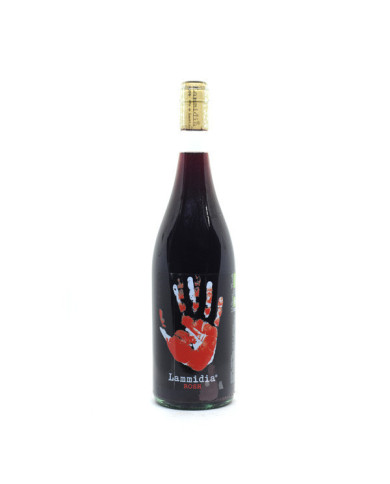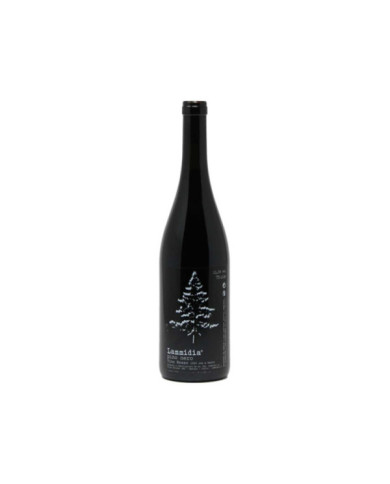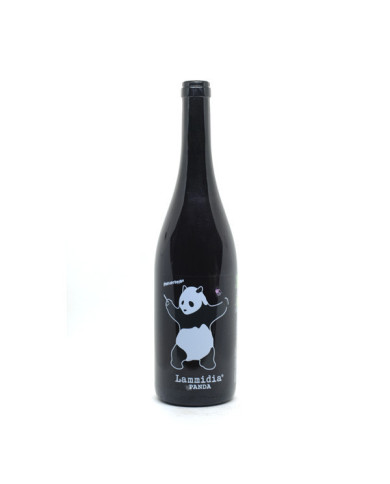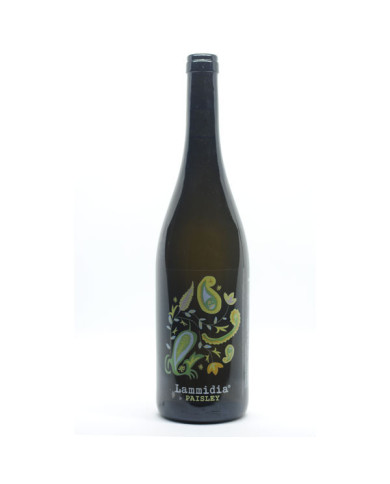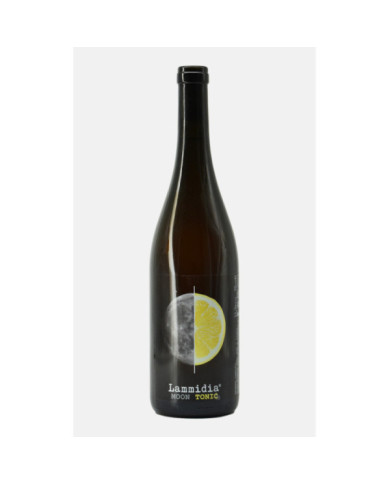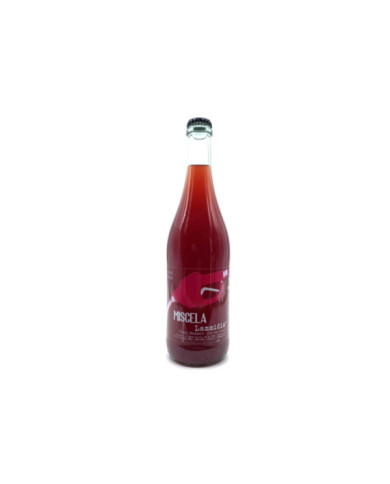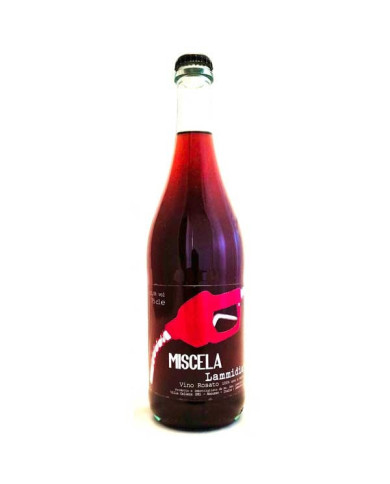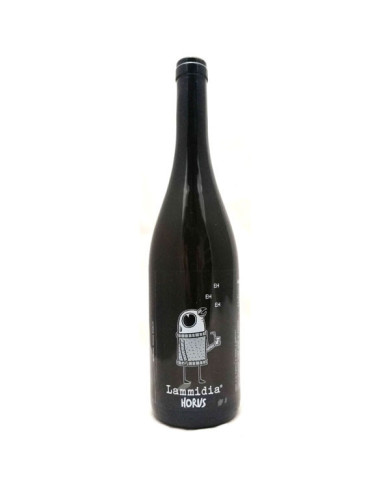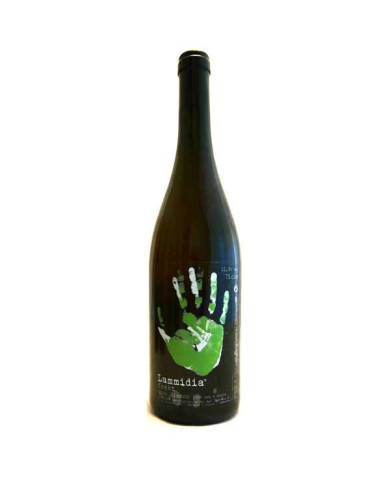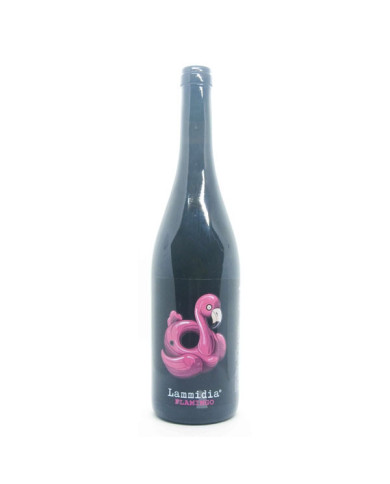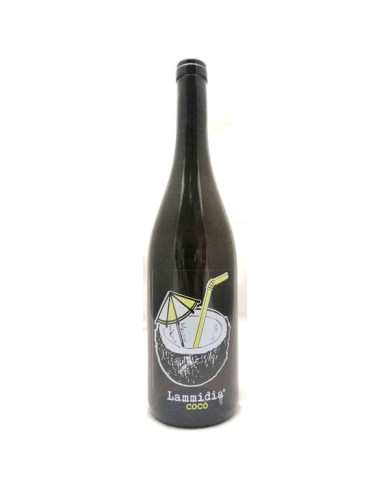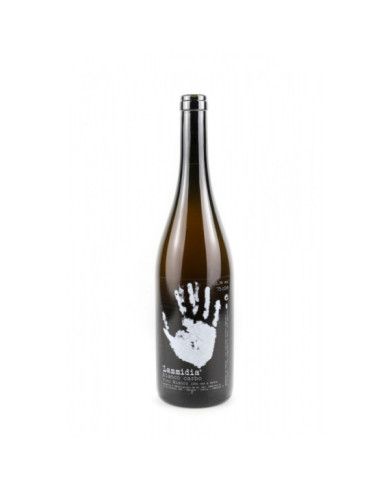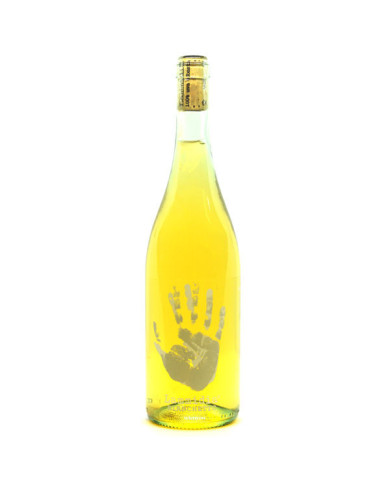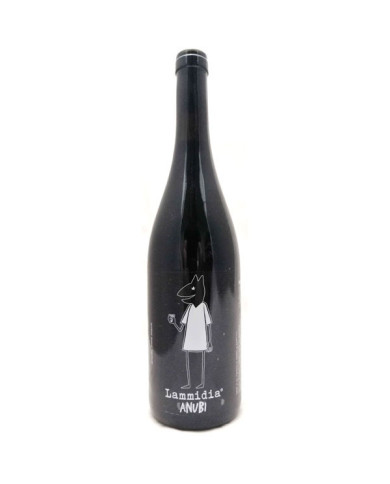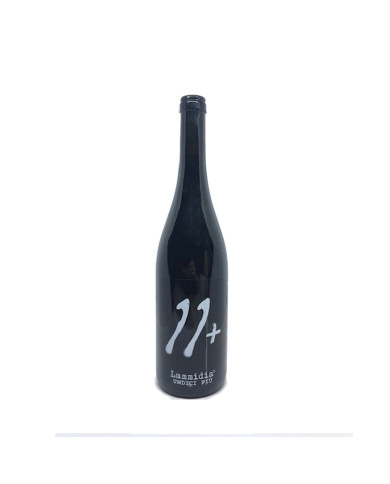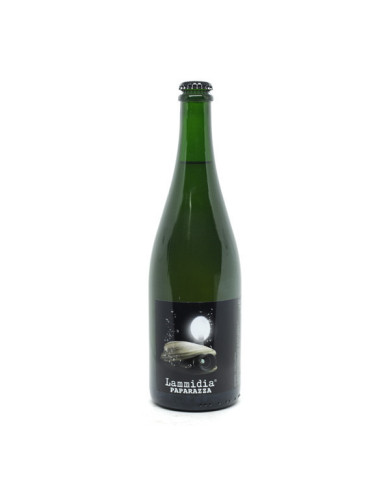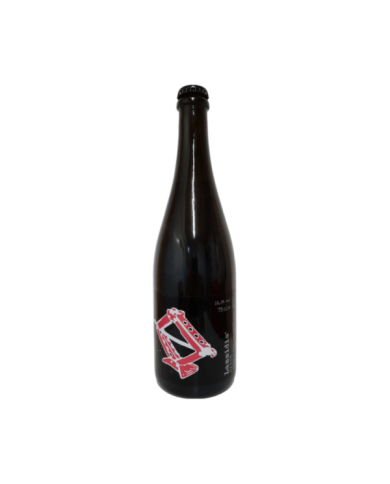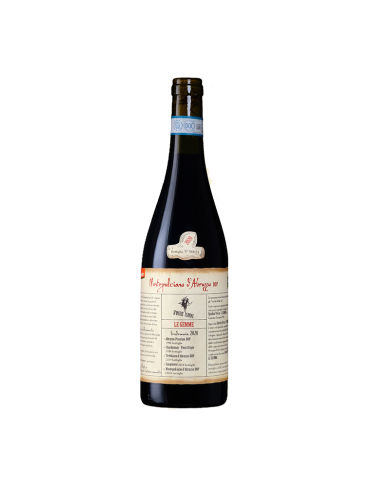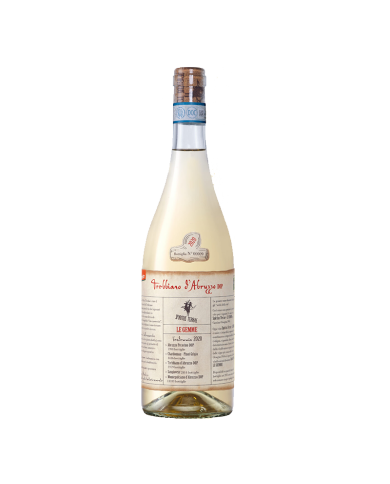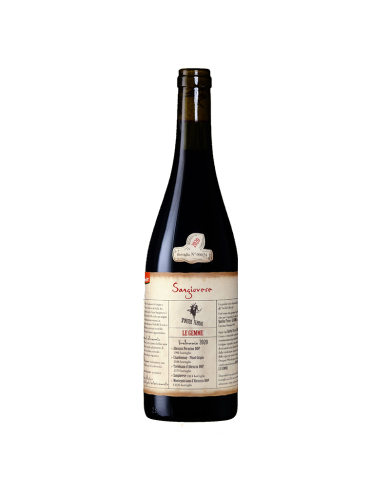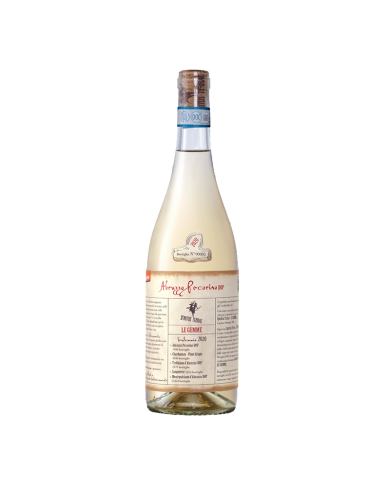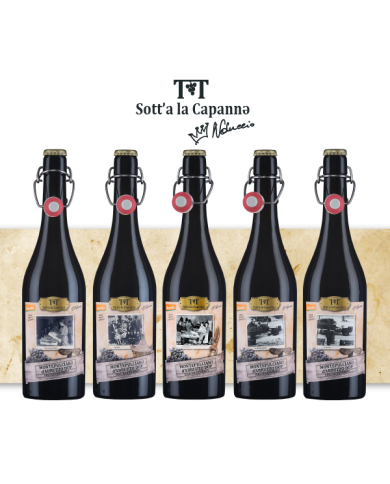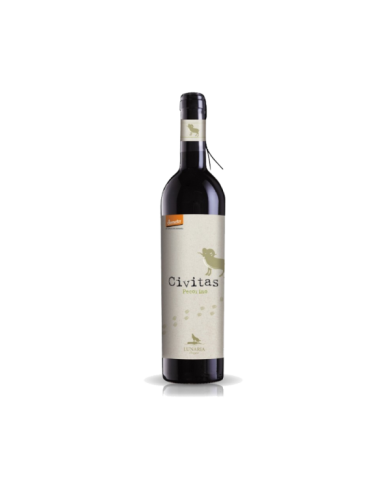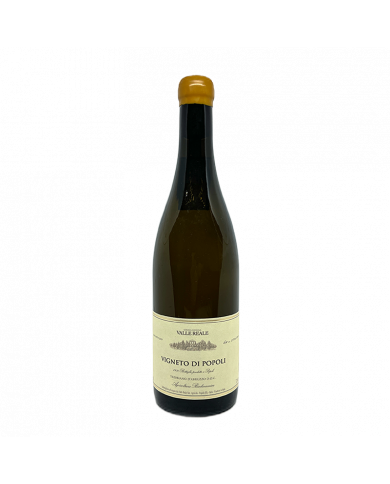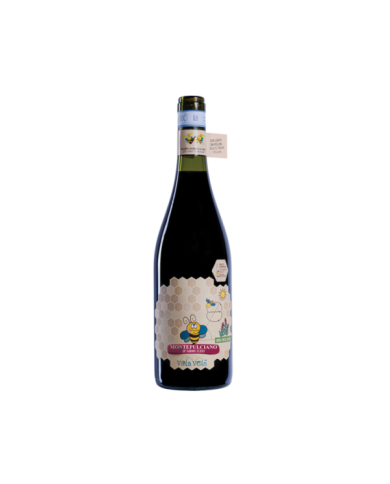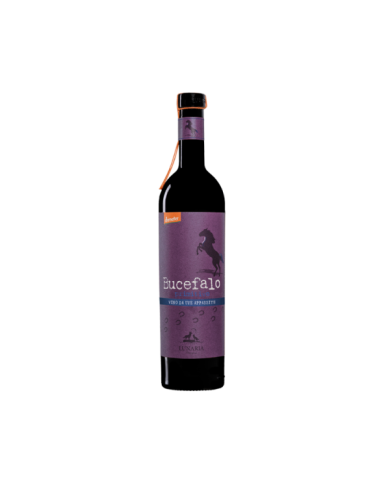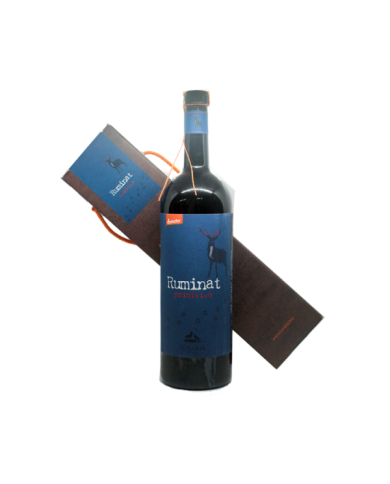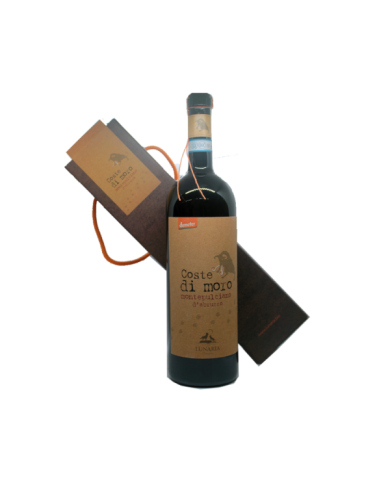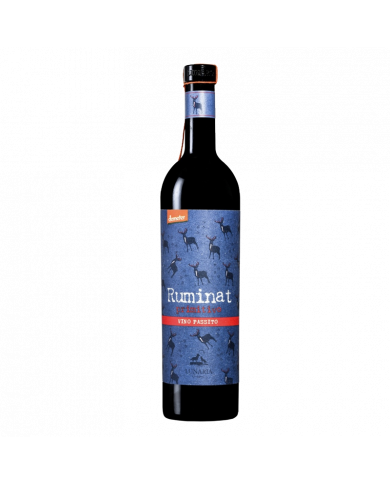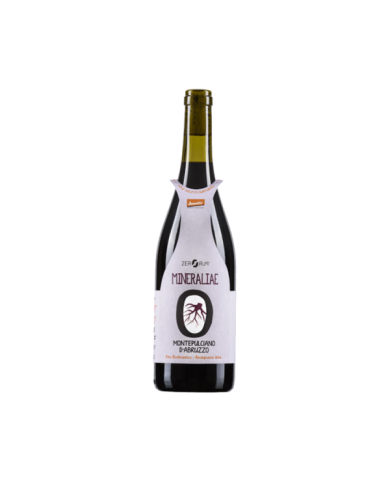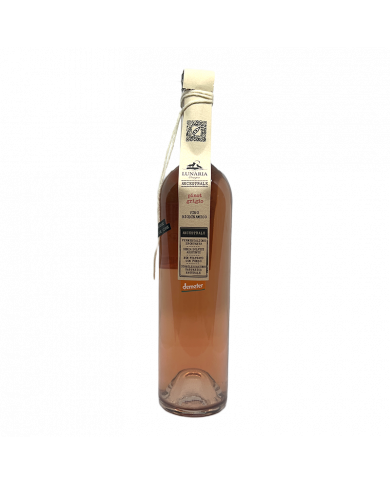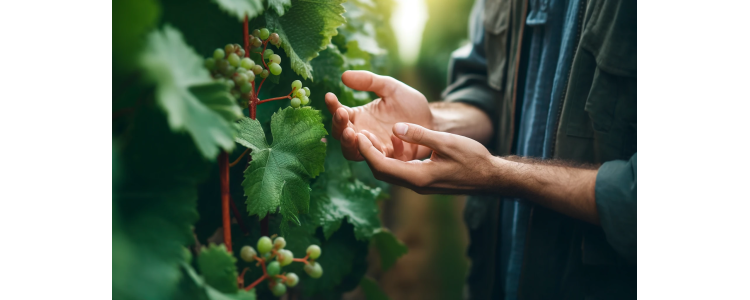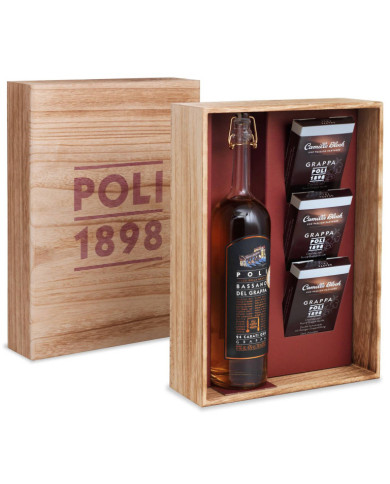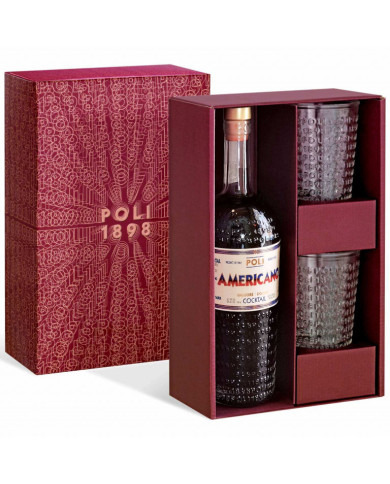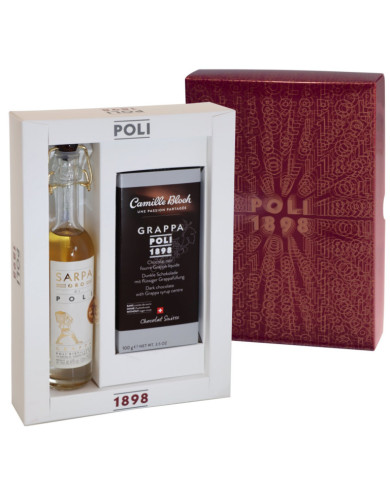Pino Nero is a red wine obtained from red grapes, fermented with semi-carbonic maceration. Spontaneous fermentation. Aging in fiberglass tanks. Without sulphites added before bottling. The result is a wine that gives the palate a great sensation of freshness and many fruit flavors.
Panda di Lammidia is a ros├® wine obtained from a blend of red and white grapes. The vinification takes place spontaneously in cement, while the refinement takes place in anofra. Panda is a fresh, fruity wine, with excellent minerality and drinkability.
100% Montonico, whole bunch carbonic maceration fermentation for a week in cement tanks, then pressed and refined in the same. A territorial grape juice with infinite drinkability! From one of the oldest grapes of Abruzzo here is a wine with super floral aromas and sensations, a slightly citrusy freshness and a lot of minerality! Vibrant like all Lammidia wines!!!
Frekt by Lammidia is a fresh and surprisingly drinkable white wine made from white grapes. The vinification is spontaneous, with half of the pecorino being pressed directly, while the other half is macerated for 2 weeks in concrete with a submerged cap, and then they are assembled and aged in fiberglass containers. Frekt is a wine that stands out for its freshness, its drinkability and rusticity, and its fruity hints. A wine that will make you definitively fall in love with Lammidia.
Anubi is a wine made from red grapes. The grapes are vinified with the carbonic maceration technique, throwing the whole bunches into a large concrete vat where they remain without oxygen for 2 weeks. The result is a wine with intense fruit aromas, great freshness and drinkability.
Autochthonous vine > biodynamic spontaneous fermentation wine with biodiversity certification > NOT FILTERED and not tartaric stabilized.
Indigenous vine > Biodynamic spontaneous fermentation wine with biodiversity certification > NOT FILTERED and not tartaric stabilized.
> Autochthonous vine > Biodynamic spontaneous fermentation wine with biodiversity certification > NOT FILTERED and not tartaric stabilized.
> Autochthonous vine > biodynamic spontaneous fermentation wine with biodiversity certification > NOT FILTERED and not tartaric stabilized.
Autochthonous vine
biodynamic spontaneous fermentation wine with biodiversity certification
nduccio wine Montepulciano D'Abruzzo DOP biodynamic and organic with spontaneous fermentation, without added sulphites.
light and pleasant sparkling wine. It can be enjoyed as an aperitif, but also paired with a platter of cold cuts and mixed cold cuts.
The whole bunches are sent to the pneumatic press and the must is fermented with its indigenous yeasts at a low temperature (12-14 ┬░ C) in stainless steel tanks for about 30 days. The refinement takes place in steel tanks and, subsequently, in the bottle. At tasting it has a straw yellow color. Intense aroma with hints of broom, white pulp fruit, and ethereal. Fresh, intense, savory and full-bodied taste. Excellent to accompany an elaborate seafood cuisine, medium-aged cheeses, structured first courses, white meats.
Trebbiano d'Abruzzo "Vigneto di Popoli" is a rich, elegant, savory and Mediterranean wine, born from a single vineyard on the Abruzzo Apennines and aged for 18 months in steel. The taste is intense, warm, enveloping, with lively sapidity and freshness, marked by sensations of citrus fruits, flowers, fruit and many aromatic herbs.
Valle Reale's Trebbiano d'Abruzzo is a fresh, long, juicy and mineral wine, vinified and aged only in steel. Aromas of aromatic herbs and yellow flowers intertwine with nuances of citrus, fresh fruit and light flint, with a subtle spiciness. The sip is slender, rich, mineral, sapid, harmonious and with a beautiful persistence. Organic, artisanal wine, made as it once was
VIEW Intense ruby red with slight purple hues, tendency to garnet with aging. SMELL Aromas of red fruits, spices, intense, ethereal. TASTE Full, dry, harmonious, rightly tannic.
Ruby red color. On the nose, ripe red fruits, jam. Warm and intense, slightly sweet taste
The wine production of Cantina Lunaria finds expression from the love and respect for an authentic land, from the desire to leave its pungent charm unchanged while making the most of its potential.
The grapes, after a careful selection, are de-stemmed and crushed, the skins are left in contact with the must with their indigenous yeasts for 10/15 days at a constant temperature of 25/28 ┬░ C. The refinement takes place partly in oak barrels and partly in stainless steel tanks for at least four months. Refinement in the bottle follows. At tasting it has an impenetrable ruby red color. Scent of red fruit and black cherry jam on everything, light notes of cocoa and toasting complete the bouquet. Warm taste, rightly tannic and therefore soft, intense, and with the typical almond finish. Ideal with cold cuts, grilled and baked meats, first courses with very structured sauces.
The impenetrable ruby red color with purple hues would like to hide what comes to the nose intensely: black cherry in alcohol and jam, leather and almond. The taste is warm, full, rightly tannic and savory.
Spontaneous fermentation Without added sulphites Unfiltered with bottom Natural stabilization Sulphite-free, Organic, Vegan and Biodynamic Wine Demeter certified produced with the Ancestral method
Sale of Biodynamic Wines
Biodynamic wines represent a new frontier in the production of high quality wines, in which nature is respected and valued to the fullest. Biodynamic viticulture is an agricultural practice based on the theories of Rudolf Steiner, which involves the use of natural methods to cultivate vines and produce high quality wine. In this article, we'll explore everything there is to know about selling biodynamic wines, from the characteristics of the production process to the wine varieties available on the market.
How is biodynamic wine produced?
The production process of biodynamic wine is based on the use of natural methods, which involve the use of biodynamic preparations to reinforce the vitality of the vine and improve the quality of the wine. Biodynamic viticulture is based on the use of herbal and mineral preparations, which are used to improve the quality of the soil and the vine. Furthermore, biodynamic viticulture requires respect for the cycles of nature and the use of organic farming techniques.
The characteristics of biodynamic wine
Biodynamic wine stands out for its quality and its ability to express the territory of origin in an authentic way. Thanks to the use of natural methods, biodynamic wine is able to keep the organoleptic properties of the land of origin intact, expressing the character of the vine in an authentic and genuine way. Furthermore, biodynamic wine is considered to be healthier than wine produced using traditional methods, as it contains fewer chemicals and additives.
The varieties of biodynamic wine
Biodynamic wine is available in numerous varieties, from the most classic to the most innovative. The main varieties of biodynamic wine are:
- Chianti: a Tuscan red wine made from Sangiovese grapes;
- Barolo: a Piedmontese red wine made from Nebbiolo grapes;
- Montepulciano d'Abruzzo: an Abruzzo red wine made from Montepulciano grapes;
- Prosecco: a white wine from Veneto made from Glera grapes;
- Pinot Grigio: a Friulian white wine made from Pinot Grigio grapes.
Where to buy biodynamic wine
Biodynamic wine is available in numerous specialized shops and online wine shops, where it is possible to find a large selection of labels and varieties. Furthermore, many Italian wineries and wineries produce biodynamic wine, making it possible to purchase directly from the producer. It is important to choose a reliable and specialized seller, able to offer a wide selection of biodynamic wines and to guarantee their authenticity and quality.
Advantages of biodynamic wine
Biodynamic wine offers numerous advantages compared to wine produced with traditional methods. Firstly, the production process of biodynamic wine is based on the use of natural methods, which do not involve the use of chemicals and pesticides. In this way, biodynamic wine is considered healthier and free of substances harmful to health. Furthermore, thanks to the use of biodynamic preparations and the care of the land and the vine, the biodynamic wine is able to authentically express the characteristics of the territory of origin, offering greater expressiveness and a unique character.
The sale of biodynamic wines represents a new frontier in the production of high quality wines, capable of expressing the character of the territory of origin in an authentic way. Thanks to the use of natural methods and the care of the land and the vine, biodynamic wine represents a healthy and high quality choice, able to satisfy even the most demanding palates. Choosing a reliable and specialized seller is essential to guarantee the quality and authenticity of biodynamic wine, and to ensure that you have access to the widest selection of labels and varieties.

